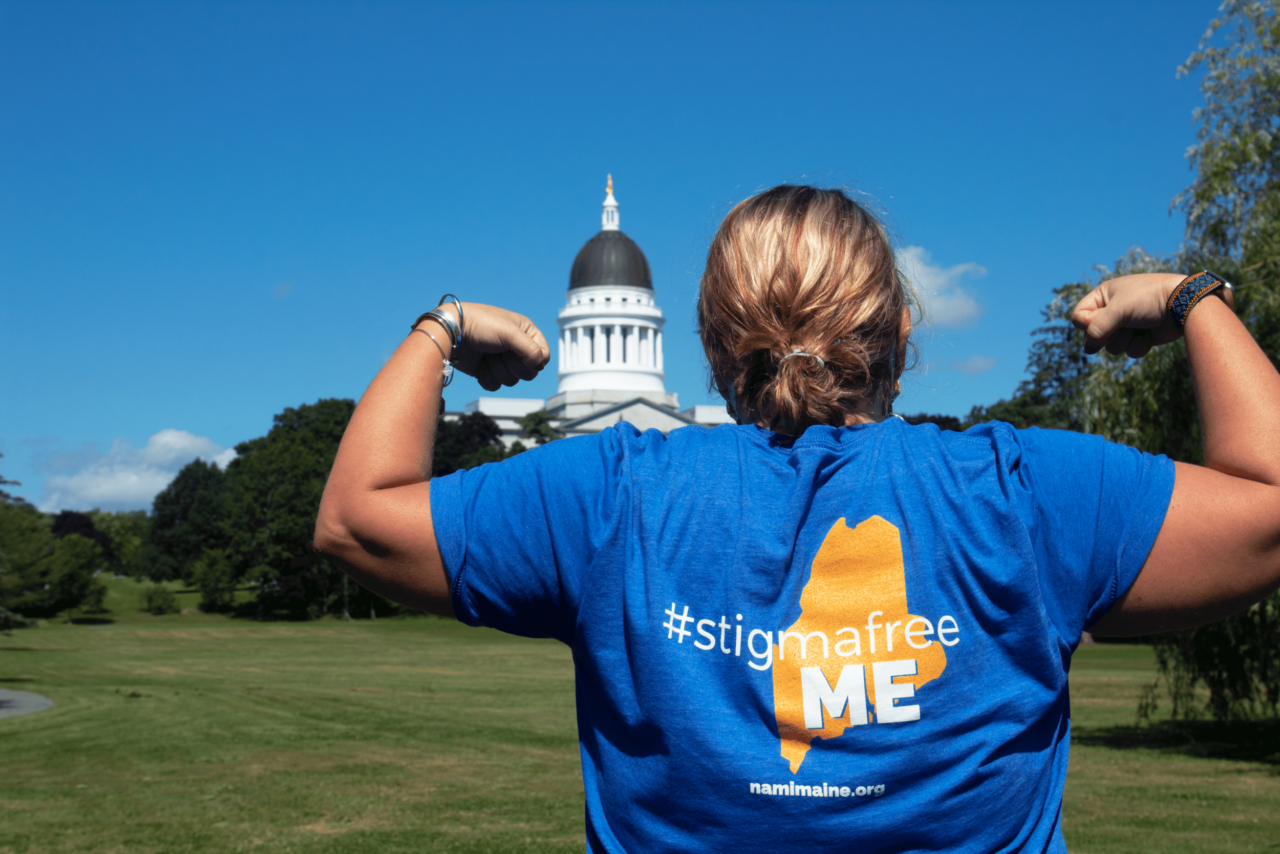Officer Wellness

NAMI Maine has provided the Crisis Intervention Team training for the entire state of Maine since 2002. As we train law enforcement to better respond to people experiencing a mental health crisis, NAMI Maine found it critical that we also support the mental health of police officers.
Resources
The decision to see a counselor can be difficult; the journey to find one that understands the unique challenges of being a police officer is often overwhelming. The Officer Wellness Advisory Council of NAMI Maine determined it was critical that police officers could access a list of screened and trained therapists without ever having to ask for suggestions. To meet this need, a group of therapist across the state were screened and trained in the basics of law enforcement culture.
NAMI Maine is not recommending or endorsing any specific counselor, this list is provided so that officers’ may choose to see a professional that has a basic understanding of the demands of their job.

All therapists who are listed on this page have agreed to the following stipulations:
-
Must be licensed in the State of Maine to provide therapy as a LCSW, LCPC or Psychologist.
-
Must maintain a private practice location that is not physically connected to any community mental health provider agency or law enforcement facility.
-
Cannot conduct any screening for police departments including fit for duty or pre-employment evaluations.
-
Must accept private insurance and participate with insurance companies covering police officers within an hour of the private practice location.
-
To ensure client confidentiality, therapists will not to respond to any subpoena. Rather, therapists will require a court order before providing any information about a member of law enforcement they are seeing.
-
To enhance the trust building with officers, therapists will agree to take the least amount of clinical notes that is ethically appropriate with any law enforcement client.
-
Not to discuss the situation or case of any member of law enforcement with another therapist with the exception of with a clinical supervisor and only after securing the permission of the officer.


Peer Support
-
Post Traumatic Stress Management (PTSM) is based on the foundation of Critical Incident Stress Management (CISM), which was developed by Jeff Mitchell originally used to support Police, Fire, EMS and other first responders. Peers who are listed on this site have completed the Trauma Informed PTSM training which includes interventions that are carefully, mindfully structured to help in the reduction of threat detection behaviors and to help trauma survivors externalize traumatic events, and identify resources to cope with such loss. Human exposure to sudden death from illness, suicide, homicide, accident or other sudden tragedy can have a devastating long-lasting impact on the quality of life. This is especially true for our first responder population, where research continually affirms potential long-term detrimental impact to police, fire and EMS staff of repeated exposure to traumatic stress. Individuals trained in Post Traumatic Stress Management can appropriately address and support the individual and collective reactions to traumatic events.










